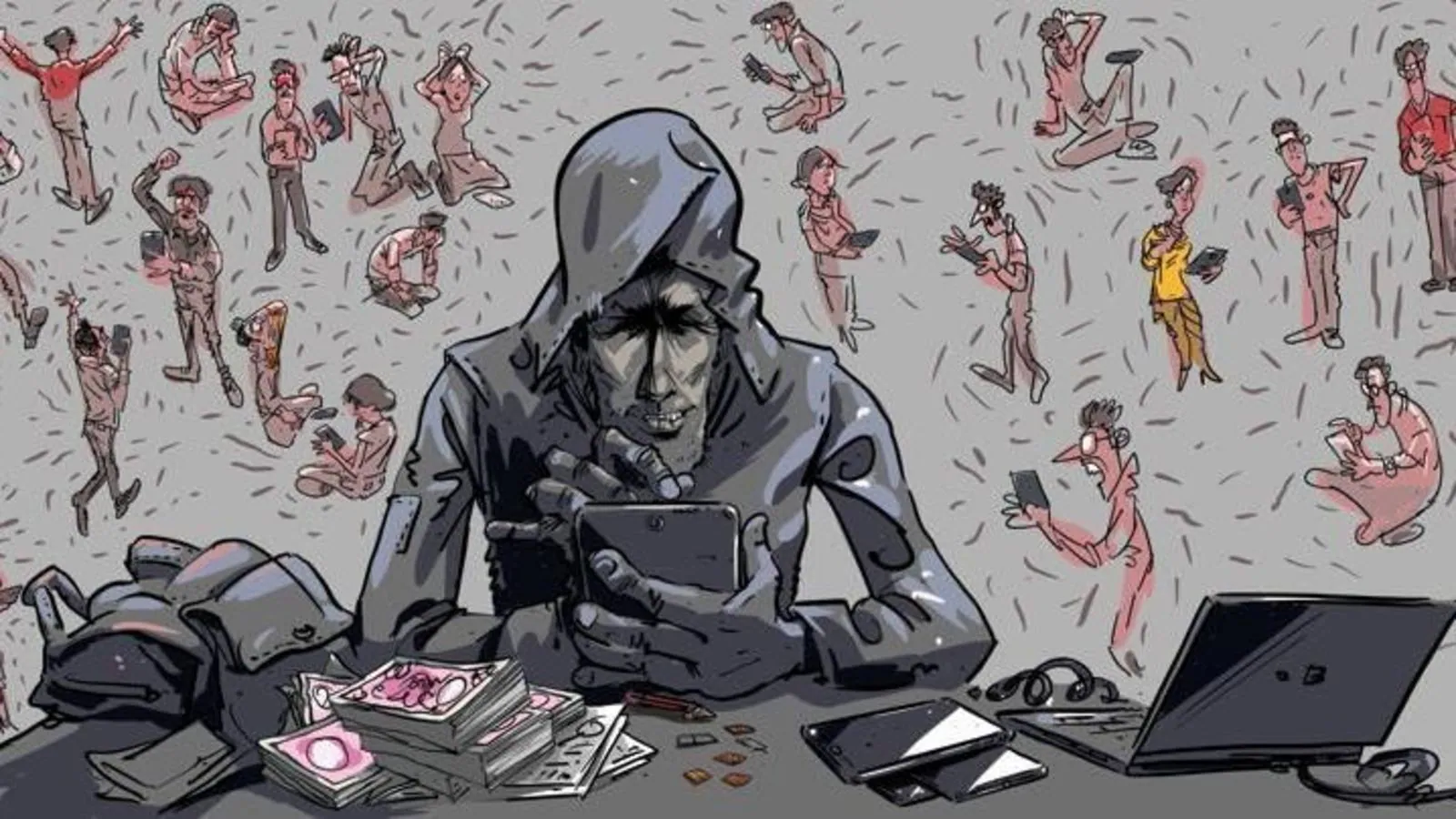India’s fintech sector faced a serious problem when Mobikwik, a well-known digital payment platform, experienced a large security breach. Between September 11 and 12, a technical glitch in Mobikwik’s app allowed users to bypass UPI PIN checks, leading to over 500,000 fraudulent transactions and enabling users to spend beyond their wallet balances.
The Scale of the Breach
According to early reports, more than ₹40 crore was siphoned off in just two days. While authorities have managed to recover around ₹14 crore, the rest is still unaccounted for. Over 2,500 bank accounts have been linked to the fraudulent activity, and law enforcement has already made six arrests in Gurgaon. Mobikwik’s shares have taken a hit, and regulators are now probing whether there was any insider involvement.
Security Wake-Up Call for India’s Digital Payments Players
Stricter guidelines, quicker reaction times, and more real-time fraud detection technologies are all necessary, as this instance shows. With billions of UPI transactions handled monthly, India is among the digital payment markets with the highest rate of growth in the world. This kind of compromise has the potential to quickly damage consumer trust, which fintech businesses cannot afford.
Security must be a primary concern, not an afterthought, and this is the obvious message for entrepreneurs and fintech innovators. It is better to conduct audits, stress testing, and bug bounties frequently as opposed to infrequently.
The Regulatory Angle
The RBI and NPCI are looking into the issue to make sure there are no risks to the financial system. They might make rules stricter for UPI apps, which could require fintech companies to use stronger two-factor authentication, better fraud monitoring, and more compliance reporting. This may slow down how quickly new products come out, but it will likely make the system stronger in the long run.
What Users Can Do
Regularly review your bank statements. Activate transaction alerts and promptly report any questionable activity. Platforms make an effort to safeguard your data, but you should always practise good digital hygiene. Don’t share your login credentials or OTP.
Building Back Trust
Restoring user trust must be Mobikwik’s top priority. It must take accountability for its actions, communicate openly, and provide timely reimbursements in order to achieve this. This problem also serves as a reminder to the whole banking sector that safety must come before speed.
Also Read: Meet the Unicorns: The Top Startups of 2025 (And How You Can Join Them)























